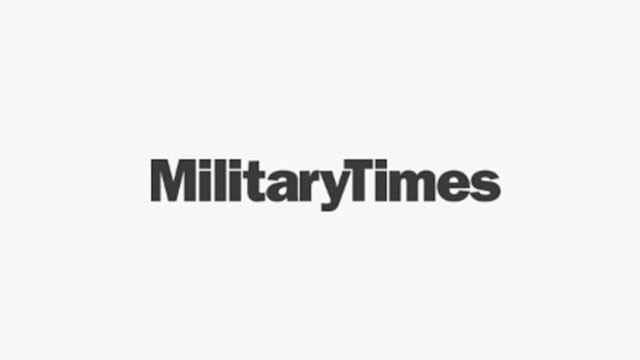source GAIA package: Sx_MilitaryTimes_M6201310308220032_5675.zip Origin key: Sx_MilitaryTimes_M6201310308220032 imported at Fri Jan 8 18:18:11 2016
National Guard and reserve mobilizations have an uneven impact on employers, schools and businesses, with highly skilled employees or those who depend on personal relationships with clients and customers appearing to be the hardest hit, according to a new Rand Corp. report.
Longer or frequent absences are a cause for greater impact and smaller businesses are more likely to be hurt than larger ones, says the Defense Department-funded report released Aug. 22 that looks at possible changes in employment and reemployment rights for reservists and at expansion of support programs for employers.
The report is based on two surveys, one conducted between 2007 and 2010 of reservists and a second conducted in 2011 of employers.
Basic job protections of the Uniformed Services Employment and Reemployment Rights Act do not need substantial revision, the report says, because problems arise mostly from high activation rates and utilization polices of reserve components.
Small employers, in particular, said they needed to know more about job protections, but the report says the information they wanted is already available from the Defense Department.
More advance notice of deployment might help plan for absences of employees, the report says. "Employers reported challenges in dealing with the activation of the only employee of a certain type in the organization, whether or not the individual is highly skilled," the report says. "Because it is not possible to shift the work to another employee, more advance planning is needed in these situations."
More notice about when an employee is returning also would help, the report says. "Some employers indicated that planning for the return is inhibited by the lack of information and whether the reserve component members will return to work after duty and when the duty will end," the report says.
USERRA is a one-direction protection, requiring an employer to rehire a returning worker, while the worker is free not to return.
A survey of employers found no consensus on what additional support is needed. However, employers want more advance notice before employees are called up and when they will return to work, as well as "clear and consistent documentation" from the Defense Department.
Defense officials could help by setting standard policies on notification times and using easy-to-read forms for employers providing the start and end dates of mobilization, the report says.





